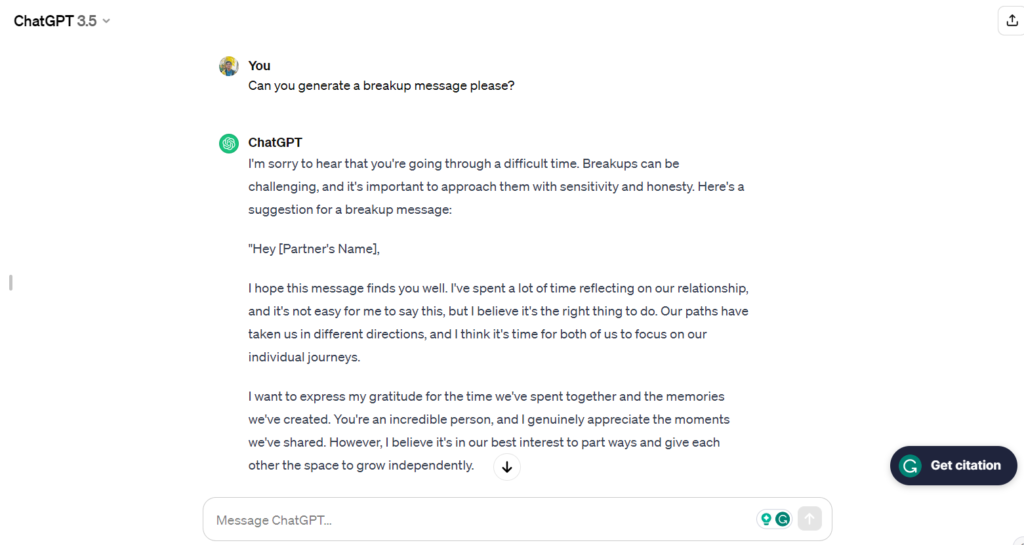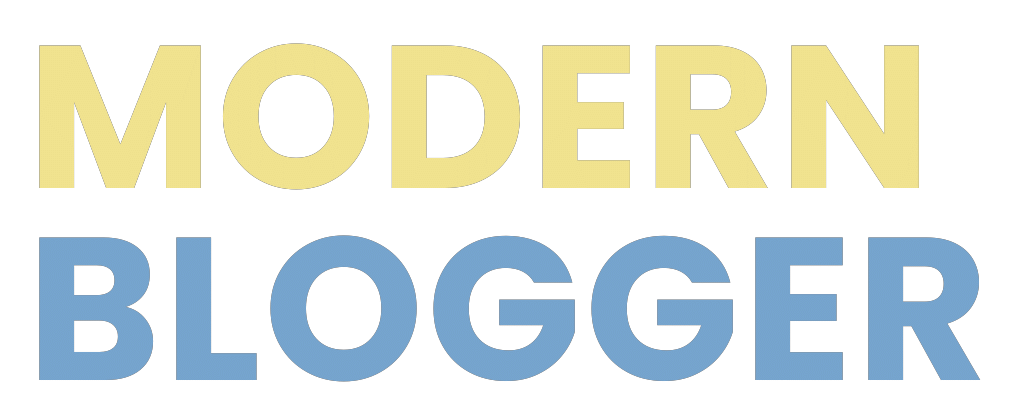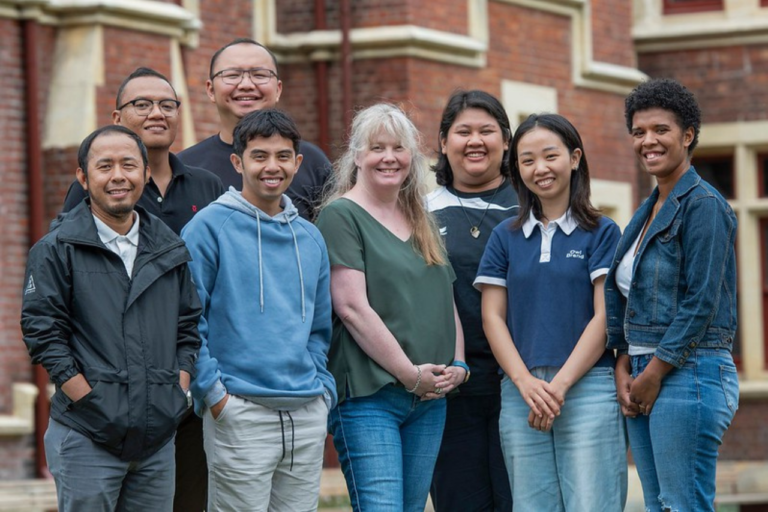The Risks of Generative Artificial Intelligence (AI)
Generative Artificial Intelligence (AI) like ChatGPT has drastically changed the modern world in recent years. It was around the onset of the pandemic, when schools and work were done remotely, that AI suddenly came out of nowhere and has been a major trend in content creation. You name it–essays, images, data generation, everything is served at one click. And while AI has served its purpose well, undeniably problems are starting to arise from the abusive usage of this tool.
Human as we are we want easy work. As a Virtual Marketing Assistant working for over three years, I would rather use AI than go through hours and effort of brainstorming, research, and content creation. AI has provided us convenience and efficiency, especially for those working in digital marketing. However, like social media, things have been going out of control on the other side of the coin.
In this blog, I want to focus on the negative effect of AIs on the individual’s ethics, creativity, and critical thinking skills.

Accuracy and Reliability
Surprisingly, AIs can generate content that resembles human responses generated from combined data and sources across the World Wide Web. How that works? Well, I don’t know. It sounded straight from science fiction books. *Thanks to the brilliant minds of people behind this technology.
Anyways, one ethical concern that has arisen recently is the reliability of the output. Research has shown that the accuracy and reliability of chatbots have significantly decreased over the past years. They call it ‘deterioration’, and with this trend, we can expect that over time, the contents we generate from these tools could be unreliable and misleading and could lead to problems in the long run.
Dehumanization and losing interest in learning
When I started my career as a freelancer, copywriting was the first skill I developed. It helped me acquire clients and work with them on creative sales copies and blog articles. Then AI came into the story and I was replaced. I was forced to develop other skills since generative AI could already do my previous job. P.S.: AI is far better than I am.
Unfair? Absolutely! I worked on my writing throughout my life and in a short span of time I got replaced by Bots. Ladies and gentlemen, it’s called dehumanization (the same concept as factories replacing people with machines). It’s not just about losing a job, it’s about people losing interest in learning necessary skills since at the back of their minds, there’s this little whisper that says ‘bots can do it better’.
Have you seen AI-generated images recently? They look so good and realistic, but imagine graphic artists who have been dying to brainstorm ideas just to come up with a unique output. It’s frustrating and exhausting.
Overdependence
Everything can be automated with AI. Over the past few years, we’ve seen the heavy reliance of people on using this technology.
During the online class modality brought about by the pandemic, students began starting chatbots to generate answers for school tasks. The use of AI in learning is quite alarming as it negates the reason for going to school. Assignments and activities are meant to develop discipline, research skills, creative, critical and overall personal development. Undeniably, AI skips these steps and in turn, we are raising a new breed of generation lacking the necessary characters and skills to survive in the harsh adulting landscape.
Artificial intelligence as a tool
Like any other thing in life, anything that is too much is bad. I’d like to point out that I am not discrediting Artificial Intelligence, in fact, I still use it to generate sales copy related to my work. But then again, AI is just a tool and we need to use it wisely.
Since it’s basically a robot, the output is basically a robot as well. Because AI generates just too perfectly, I can already distinguish bot-generated texts from human texts. And since bots use and process the same data, it yields monotonous output. That means we humans still have an edge over bots if we incorporate emotion and storytelling.
AI is faced with a lot of ethical dilemmas. Currently, there’s no stopping the development of AI. Although schools and institutions have deployed AI detection tools, people have found ways to bypass this. 😉 Hopefully in the future, bots could be controlled. Hopefully.
Ending note: this blog is made by a human for humans. xx
Chatbots like chatgpt are making a significant impact in our modern lives. Photo by Matheus Bertelli







